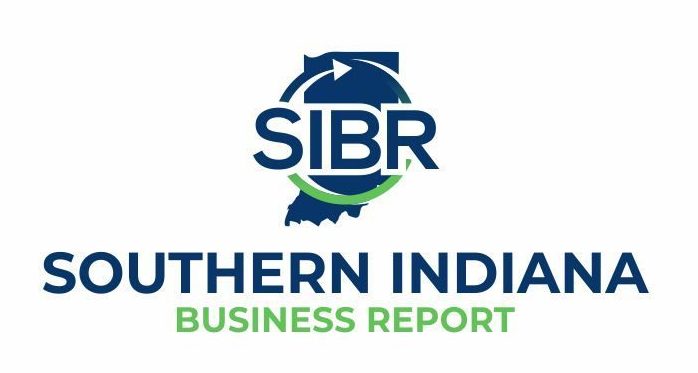By Brad Hagerty | Indiana Farm Bureau
INDIANAPOLIS — Indiana Farm Bureau is celebrating successful advocacy efforts on legislation that positively impacts farmers, agribusiness professionals and rural communities.
“The 2021 session created some initial challenges in terms of INFB’s normal advocacy efforts at the Indiana Statehouse,” said Randy Kron, INFB president. “With various adjustments made to keep members safe, INFB had a very successful session in the level of engagement, as well as the passage of our priority bills.”
INFB’s top priority to expand rural broadband to unserved and underserved Hoosiers was achieved in several pieces of legislation, including a $250 million appropriation for the Next Level Connection Broadband Grants. In addition:
- HEA 1449 – requires projects that are eligible for a Rural Broadband Grant to provide speeds of at least 100mbps download and 10mbps upload;
- SEA 377 – provides $50,000 to a county if it achieves broadband internet connectivity for at least 90% of the county before Jan. 1, 2026;
- SEA 359 – requires the Indiana Department of Transportation to create a broadband corridor program to manage the location, installation and maintenance of broadband infrastructure; and
- SEA 352 – requires the Indiana Office of Community and Rural Affairs to prioritize broadband funding in underserved areas.
Another INFB priority during this session was to improve transparency and functionality of the Indiana Grain Buyers and Warehouse Licensing Agency. House Enrolled Act 1483 requires a performance review of the agency, calls for pricing of deferred price accounts by the end of one crop year, creates additional enforcement mechanisms and allows for more information sharing between IGBWLA and the Grain Indemnity Board.
“Due to the hundreds of Hoosier farmers who were left with little warning and limited options after the failure of Salamonie Mills and AgLand Grain, INFB led the initiative to ensure farmers are further protected during grain elevator closures,” said Kron.
INFB’s goal of providing some flexibility to home-based vendors fell a bit short, but conversations regarding future legislation will start this summer and fall. Senate Enrolled Act 185 creates a working group made up of the Indiana State Department of Health, Indiana State Board of Animal Health and Indiana State Department of Agriculture, along with industry groups and food safety experts, to meet and provide recommendations regarding home-based vendors to the legislature.
INFB also advocated for many budget items in the 2021 session. House Enrolled Act 1001 includes $250 million for broadband grants, $363,000 per year which qualifies for a 50-50 match from the federal government for 10 meat inspectors and funding for career and technical education classes was restored to previous levels.
Other bills supported by INFB include:
- SEA 303 – redefines gasohol to include any blend of gasoline and ethanol. The law also adjusts Reid vapor levels for more certainty on emissions and requires a new E15 consumer protection label at the pump. This bill provides clarity and certainty in law as to what blends of ethanol can be sold in Indiana.
- SEA 373 –creates a working group of agriculture, forestry and technical experts to make recommendations to the Indiana General Assembly regarding a carbon market program for Indiana.
- SEA 389 – provides protection from regulations of ephemeral streams, as well as clarifies and enhances farmers’ ability to repair and maintain tile drains. The bill also increases exemptions for farmland and creates a task force of 14 groups to study mitigation costs, flood reduction, carbon storage and conservation incentives.
- HEA 1150 – limits the Indiana Department of Revenue to one-years’ time to assess a civil penalty for an oversize or overweight load violation.
“The 2021 legislative session was successful because of INFB’s grassroots,” said Andy Tauer, executive director of public policy. “INFB members made sure their voices were heard by staying connected with legislators and engaged in the legislative process via Zoom and other virtual platforms. Thanks to the more than 350 members who participated in virtual Statehouse visits this session.”


